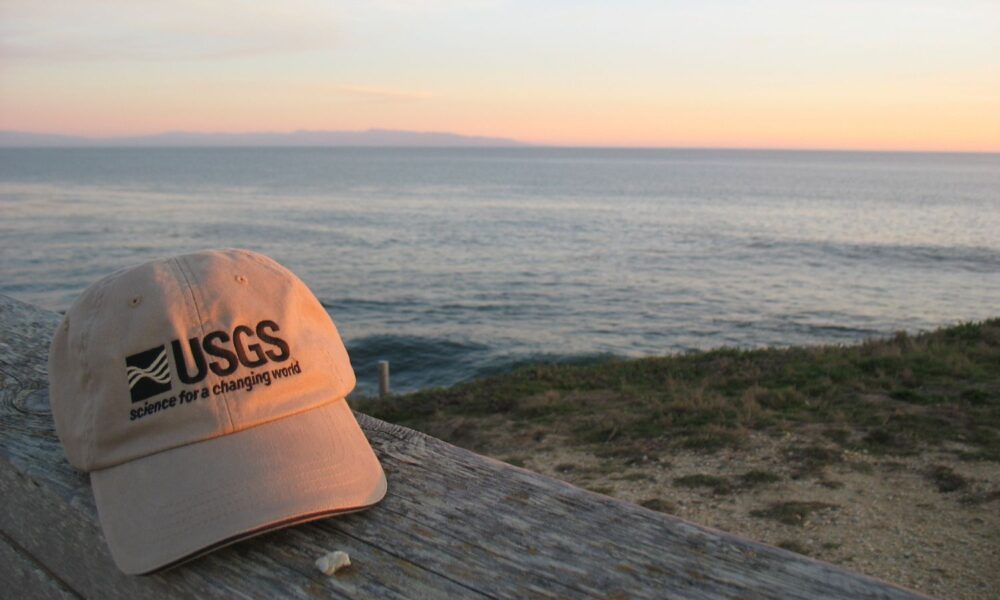Responding to a letter UCS and nine other organizations sent this spring, the US Geological Survey (USGS) recently outlined the notable progress it has made toward advancing equity and inclusiveness in scientific integrity and science advice. The USGS is a scientific agency under the auspices of the Department of Interior that monitors, surveys, and otherwise collects data on a range of issues affecting land, water, and air across the country.
We are impressed by the agency’s actions and commitments, including the agency’s addition of two new sections to its Scientific Integrity Policy updated in March 2022 that explicitly encourage a more equitable workplace for scientists and science advisors. The agency is also taking steps to reduce barriers to committee membership and to make science advice more inclusive, as directed by the Biden Administration’s 2021 Memo on Restoring Trust in Government Through Scientific Integrity and Evidence-Based Policymaking.
According to UCS’s 2018 federal scientist survey, some 85 percent of USGS scientist respondents reported that their agency adhered to its scientific integrity policy. That finding also bodes well for the agency’s stated commitment to scientific integrity and an equitable work culture for its scientist workforce.
Scientific integrity policies can help remedy toxic workplaces
In the 2020 UCS report, Strengthening Scientific Integrity at Federal Agencies, we graded agencies on the contents of their scientific integrity policies and USGS’s policy was among the strongest. In that report, we suggested that agencies add provisions to their scientific integrity policies to address workplace harassment, noting that when federal scientists encounter harassment in their workplace, it impedes them from carrying out their jobs and effectively using science to protect the nation’s health and safety. The USGS’s policy explicitly addresses the need for safe workspaces free from harassment and explains that they are part of building a culture of scientific integrity.
Also new at USGS is an explicit commitment to prioritize violations of scientific integrity that would most threaten underserved communities. This statement acknowledges the intricate connection between scientific integrity and equitable decisionmaking and gives the agency the ability to tackle those issues first. Advancing decisions based in science and communicating information to communities most impacted are both critical. We saw firsthand under the Trump administration that attacks on science—such as censoring scientists, halting data collection, or burying scientific studies—disproportionately harmed Black, Indigenous, and low-income communities and communities of color, who have long been burdened by the cumulative impacts of multiple stressors. USGS’s acknowledgment of this important connection is also in line with the White House Office of Science and Technology Policy’s (OSTP) report about the state of scientific integrity issued earlier this year.
Toward a wider pool of science advisors
In another new addition to the policy, USGS carved out a clear section specifically about science advice to the agency. Not only does the new language include the importance of “ensuring a broad diversity in representation” on committees, but it assures advisors that their work is guaranteed protection from political interference. USGS states that “products, reports, and recommendations to the USGS from Federal Advisory Committees…are not subject to Bureau revision.” With this provision, independent scientists can feel more secure in providing their advice on the best available science to USGS, even on issues that may be politically contentious.
In our 2021 recommendations, we suggested that agencies such as USGS could improve internal processes to make science committee membership more inclusive. USGS is following our advice in several ways. We recommended that they consider diversity and inclusion in their hiring practices by updating their scientific committee charters to include more explicit and inclusive language on qualifications for members. In the new provisions of its scientific integrity policy, USGS notes that, every two years, the agency’s committees can be re-chartered, opening up an opportunity to include new language in their guiding documents. USGS says it is “evaluating how the charters of these committees can be updated to permit greater emphasis on diversity and community input in their membership.”
UCS also recommended that USGS and other agencies work to attract qualified scientific advisors from diverse backgrounds, such as by designing incentive structures, such as compensation for committee meeting time, to recruit a broader pool of the best candidates, including qualified early-career scientists, and reduce barriers to participation for open committee positions. USGS’s letter notes that in its current process to charter the Advisory Committee on Landslides it is ensuring diverse representation on the committee by including representatives from tribal and territorial geological organizations. The agency also pledges that it will seek input from its human resources and contracting experts to write into the committee’s first Charter how USGS will engage and compensate members from disadvantaged communities.
We included many more recommendations in our letter including how to redefine what a “fairly balanced” committee means in terms of representation, conduct more targeted outreach to scientists from underrepresented groups, and better collect demographic data for internal and external accountability. While USGS did not respond to each of those suggestions, it did suggest that continued progress is underway. The USGS Chief Scientist, the Associate Director of the Office of Administration, and the Directors of the Office of Science Quality and Integrity and Office of Diversity and Equal Opportunity plan to assemble an expert panel that will work with the USGS programs advised by its five advisory committees to develop more concrete plans of action for increasing diversity. This is a welcome model for internal accountability.
Implementation is key
We are thrilled that USGS is incorporating these new features in their scientific integrity policies and advisory committee charters. But we know firsthand that implementing policies in practice can pose a challenge. That’s why, in addition to a strong set of scientific integrity policies, USGS needs a strong commitment from leadership, full transparency about its policy shift, staffmembers who understand the policy and feel empowered to report violations, as well as clear mechanisms through which the policy can be enforced.
UCS lauds these developments at USGS. But they should be the norm, not the exception. We will continue to work with federal agencies and the White House to ensure that federal scientists at all government agencies can conduct independent, rigorous work in a culture free from harassment and discrimination.

